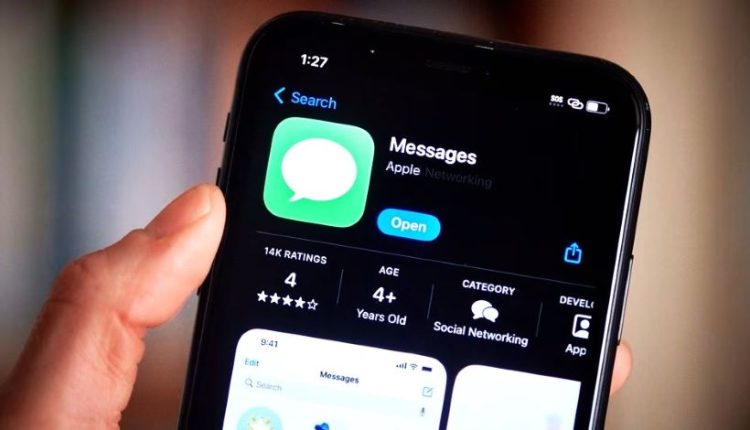Apple rolls out iMessage upgrade
Apple has introduced a new upgrade to its iMessage texting platform for an improved experience to defend against future encryption-breaking technologies.
The new PQ3 platform is another sign that U.S. tech firms are bracing for a future quantum computing breakthrough that could make current methods of protecting users’ communications obsolete.
“More than simply replacing an existing algorithm with a new one, we rebuilt the iMessage cryptographic protocol from the ground up,” an Apple blog post published on Wednesday reads.
“It will fully replace the existing protocol within all supported conversations this year.”
The Cupertino, California-based iPhone maker says its encryption algorithms are state-of-the-art and that it has found no evidence so far of a successful attack on them.
Government officials and scientists are still concerned that the advent of quantum computers, advanced machines that tap into the properties of subatomic particles, could suddenly and dramatically weaken those protections.
A Reuter’s investigation last year explored how the United States and China are preparing for that moment, dubbed “Q-Day,” both investing money into quantum research and new encryption standards known as post-quantum cryptography.
Also Read: Apple unveils AI model for instruction-based image editing
Washington and Beijing have traded allegations of intercepting massive amounts of encrypted data in preparation for Q-Day, an approach sometimes dubbed “catch now, crack later.
“Early planning is necessary,” the U.S cyber watchdog agency, the Cybersecurity and Infrastructure Security Agency, said in a 2022 advisory “Cyber threat actors could be targeting data today that would still require protection in the future.”
Apple’s blog says PQ3 uses a new and overlapping series of technical safeguards aimed at closing that window of opportunity.
The founder and chief executive of the quantum tech company, Michael Biercuk, said the fact that Apple was publicly hardening its defenses was a “vote of confidence“ in the idea that advanced computers could one day lay waste to existing protections.
“They are indicating that they believe this is a realistic threat and are preparing actively for it,“ he said.


Comments are closed.